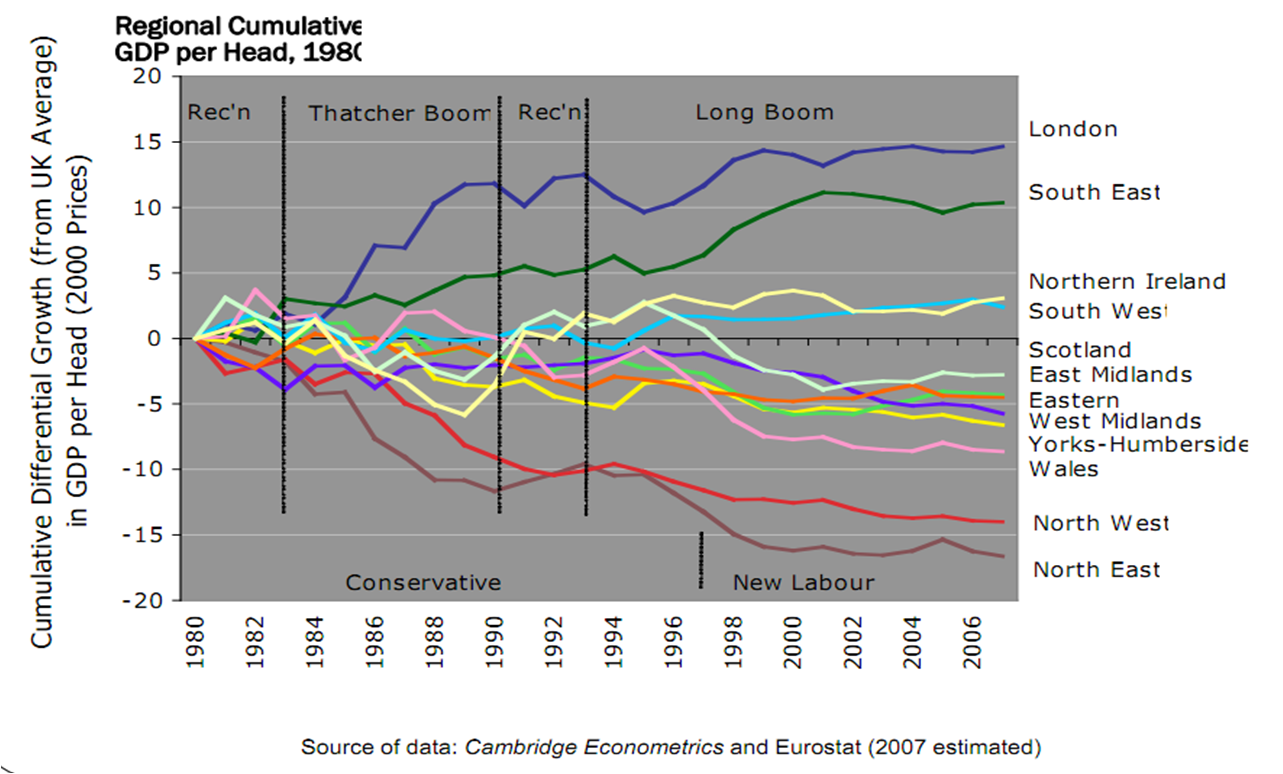[youtube=http://www.youtube.com/watch?v=Xvi9DjmINpA&feature=related]
Archives for July 2011
West Riding House – another story of win/win in Leeds?

I met yesterday with a tenant of the ‘affordable’ West Riding House, an iconic 1970s office block in Leeds City Centre, which I believe is owned by Moorfield (a UK ‘real estate’ investor, developer and private equity fund manager, with some £3 billion currently under management) and Holbeck Land .
It caught my eye because several organisations I know have recently moved in, some of whom are extremely cost and value conscious. The building has become ‘affordable’ because it is cheaper, I am told, for the owner of the building to encourage occupancy at a low rent in order to avoid paying business rates on an unnoccupied building. A nice win/win. The owners save a few bob and the organisations get refurbed office space in the heart of the city centre that usually they could never afford.
Except of course there are losers.
Other landlords (generally owners of more modest estates on the edge of the city and in the doughnut of despair) are losing their rents; the communities in which these organisations used to be based are losing much needed trade.
And the Council are losing out on the rates, presumably.
When, and if, the economy picks up and office space becomes more valuable these new tenants will probably have to move back out or face increased rents. I just hope that the buildings that they have left behind are still in a reasonable condition. And if they have fallen into disrepair as resources are sucked from the suburbs into the centre, never mind, perhaps we can negotiate an asset transfer project to bring them back to the community.
I am sure for many tenants the decision to move into West Riding House is a simple, straightforward and commercial one, driven by their business aims and intended social impacts, and their ability to exploit short term notice periods. For others it must have been a much more difficult judgement.
In these hard times we all have to do what we can to get by. But we need to understand how the system in Leeds, and every other city, can suck resources into the centre and leave the fringes further marginalised.
Meanwhile Time
All over the city there are similar examples of landlords agreeing low rents that allow ‘unusual suspects’ access to resources that they usually could never afford, to do exciting projects that would probably never get off the ground in better economic times.
The key question for me?
Strategically are these projects just about meanwhile time, merely setting up a low cost ‘holding pattern’ until ‘normal’ levels of economic activity resume? Or are they ‘hotbeds’ in which we can incubate a generation of new social and cultural entrepreneurs who will help Leeds make a real transformation? Time will tell of course, although those that own the assets are pretty clear about the ‘meanwhile’ nature of these arrangements.
With the recent Resolution Foundation Report suggesting how the poor have ‘missed out’ on the benefits of economic growth over the last 30 years, I can’t help but think in the medium term, unless we are careful, this is a phenomena in which those that are used to winning will get to win again.
A Compass for LEPs…
LEPs are of course Local ENTERPRISE Partnerships.
But enterprise cannot be developed without full attention being paid to its wider impact on nature, society and personal health and well-being. David Cameron has talked more than once about economic progress needing to be balanced with progress in well-being. Pursuing the growth of GDP outside of this wider social context would seem to be a fool’s errand.
An enterprise policy that grows GDP, but increases illness or is not environmentally sustainable or increases inequality in our society may not be a good thing.
So, how about developing a simple compass that can form the basis of a practical evaluation for new enterprise proposals? I was very taken by this simple framework that Danone use when evaluating their innovation projects…
N = Nature – will the development respect natural limits? Is it environmentally sustainable?
S = Social – will the development lead to improvements in society? Fair wages, good governance, increased equality, better access to finance to all etc. Will the goods and services produced enhance life in our communities?
E= Economic – will the project work economically? What payback periods are we looking at here? How can we encourage doing the right thing even when payback periods may take longer than usual business conventions would allow?
W= Wellbeing or health – the Danone mission is to improve health for the greatest number of people through food. If the project does not fit the mission then it will not move forward.
Introducing the Northern Economic Futures Commission…
http://www.youtube.com/watch?v=5EGLkpVtHcI
…because we ‘need some plans… strategic plans…for growing the private sector….’
No Geoff, they are not Local Economic Partnerships, they are Local ENTERPRISE Partnerships…
